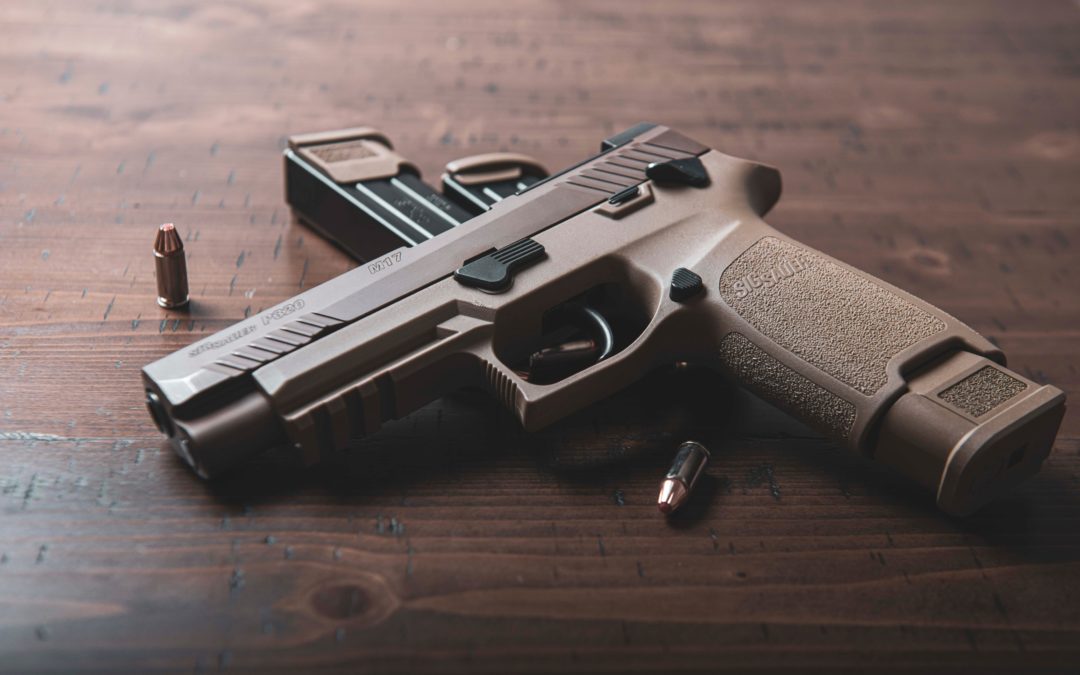By Marnus Kamfer
Many firearm licence holders are up in arms after the Supreme Court of Appeal set aside an interim court order – which protected these licence holders – on 23 July 2020.
The interim court order, which was issued by the High Court on 27 July 2018, determined that people with white firearm licences, which had expired pending the main application, were still in legal possession of their firearms. The Supreme Court of Appeal also indicated that the main application’s chances to succeed were very small.
This left firearm owners with expired white licences in a bad predicament. Because the licences had expired and the court order – which protected them thus far – was set aside, these owners are now, for all practical purposes, in illegal possession of their firearms in terms of Section 3 of the Firearms Control Act 60 of 2000, read together with Sections 24, 27 and 28.
There is still hope, however. After much pressure from civil society as well as organisations representing these citizens, Minister of Police, Bheki Cele, applied to Parliament for a further firearm amnesty period in terms of Section 139 of this Act. The final consideration now rests with the National Assembly, after which the amnesty period (if approved) will be announced in the Government Gazette. It is expected that the amnesty period will run from August 2020 until January 2021.
This not only provides an opportunity to firearms owners whose licences have expired to hand in their firearms at their nearest police station (without being prosecuted for the illegal possession of such firearms in terms of Section 139(3)(a)); owners can also again apply for firearm licences for the handed-in firearm in terms of Section 139(4). If the application is successful, the owner can again collect the firearm at the police station. However, if the owner does not apply for a licence, the firearm must be destroyed by the state in terms of Section 136 of the Act.
Firearms owners who want to make use of the amnesty to apply for a licence that will allow them to possess the handed-in firearm are encouraged to employ an expert to support them with the application process. This will significantly increase the chances of a successful application.
Where does this leave holders of green licences issued in terms of the Arms and Ammunition Act 75 of 1969 (the old Act)?
In this case there is also a main application that must still serve on the court roll. An interim order was granted that firearm owners with green licences are to be regarded as in legal possession of their firearms. This order has been in force since 2009. Firearm owners who rely on this order have to take note of two very important considerations:
- Only holders in possession of the green licence who never transferred to the new Act’s (the Firearms Control Act 60 of 2000) white licences can invoke protection in terms of this order.
- There is no guarantee that this interim order will be valid indefinitely or that the main application will succeed.
The SAPS is unable to react timeously to crimes. With farm attacks and murders, home and business burglaries at the order of the day, the responsibility to protect yourself and your family rests on the shoulders of one person only – yours. It is very important to arm yourself within the framework of the law, however.
Find ways to remind yourself when your firearm licences and certificate of competence must be renewed. Remind your family and friends to often check when their licences expire and to ensure that the renewal applications are submitted at least 90 days before the licences expire. Rely on experts to help you with your application. Encourage people whose white licences have already expired to use the amnesty period to apply for their firearm licences, despite the hassle.
Remember: If you can protect yourself, you can protect your family; if you can protect your family, you can protect your neighbours; if you neighbours protect each other, a community is protected.


